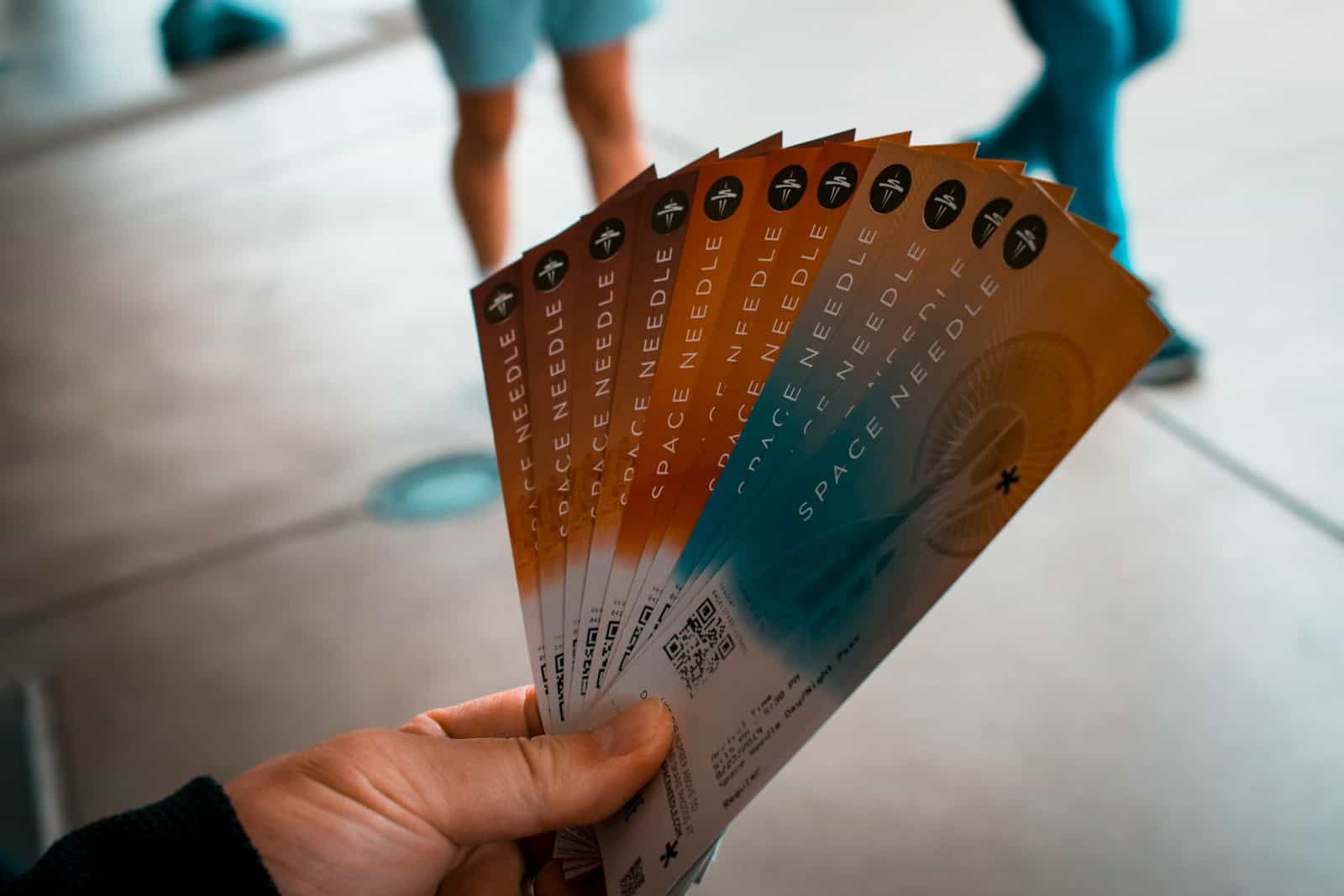
Photo by Andy Li on Unsplash
Fake Taylor Swift and Olympics Tickets Lead UK Fraud
May 22, 2024
The year has seen a notable rise in online scams, with fake tickets for the Olympics and Taylor Swift concerts being the most prevalent, according to a recent report by UK Finance. As the banking lobby group highlights, the number of victims of romance fraud and purchase scams reached new highs in 2023, underlining the evolving nature of these crimes.
In the UK last year, criminals managed to steal a staggering £1.17 billion, marking a slight decrease of 4% from 2022. Despite this reduction, the abuse of online platforms continues to make consumers vulnerable, prompting UK Finance to urge tech companies to take more proactive measures against these scams.
One of the most significant areas of loss has been purchase scams. Consumers lost £86 million last year to these frauds, where they paid for goods that were never delivered. This figure represents a 28% increase from 2022, with over 156,000 cases reported. High-profile events like the Olympics and Taylor Swift’s concerts have become prime targets for fraudsters. For example, in April, Lloyds Bank reported that fans of Taylor Swift lost a total of £1 million to scam ticket sales ahead of her UK tour starting in July. Over 600 customers reported losses, highlighting the scale of the issue.
UK Finance pointed out that fraudsters often persuade victims to make payments via bank transfer rather than through official channels. This method makes it harder to recover the lost funds. Events that sell out quickly, such as the Olympics, Euro 2024, Glastonbury, and Taylor Swift concerts, create a sense of urgency among consumers, making them more susceptible to fraudulent offers.
However, the number of victims and the amount of money stolen in romance scams hit record levels last year. Losses from these scams increased by 17% to £36 million, with each case involving an average of 10 payments. This loss is double the amount reported for similar scams in 2020.
Looking ahead, new regulations set to come into force on Oct. 7 will require UK payment service providers to reimburse customers who fall victim to payment fraud, although some exceptions will apply. UK Finance emphasized that this regulatory change adds urgency to the fight against fraud. The organization called for immediate action from the technology and telecommunications sectors to prevent fraud from flourishing on their platforms.
To help consumers avoid falling victim to scams, UK Finance offers several tips. Consumers should research companies thoroughly and only buy tickets from official sources, such as the venue, promoter, or a reputable ticket exchange site. They should avoid bank transfers and use credit cards or payment services like PayPal, which offer better protection. Additionally, consumers should be cautious of unsolicited emails, texts, or advertisements offering deals that seem too good to be true.
Recent News
Free Baconators All Weekend at Wendy’s
This Father’s Day weekend, Wendy’s is rolling out a special offer to celebrate dads with one of their most iconic menu items. From Friday, June 14 through Sunday, June 16, Wendy’s is offering a buy one, get one free deal on their famous Baconators.
Apple Expands Apple Pay Features
Apple has long been seen as a disruptive force in the banking sector, but the relationship between technology giants and traditional financial institutions is evolving into a more symbiotic one. This week, Apple made several significant announcements at its Worldwide Developers Conference in Cupertino, California, showcasing enhancements to its digital wallet, Apple Pay. These updates signal a deepening partnership between Apple and banks, offering mutual benefits in the competitive landscape of financial technology.
Old-School Identity Theft on the Rise
Old-school identity theft is making a strong comeback, with fraudsters targeting unsuspecting victims by using stolen checks, fake IDs, and forged signatures. This resurgence has left banks and government authorities scrambling to address the increasing threats.
Automotive Industry Faces Deflationary Pressures
In recent months, the automotive industry has been grappling with a growing challenge: consumers delaying their new car purchases. Despite improved availability and a return to normalcy in automotive production, high interest rates and price volatility have made many potential buyers hesitant. This reluctance to buy now, in the hopes of securing a better deal later, is setting the stage for a deflationary spiral that could have serious implications for the industry.
